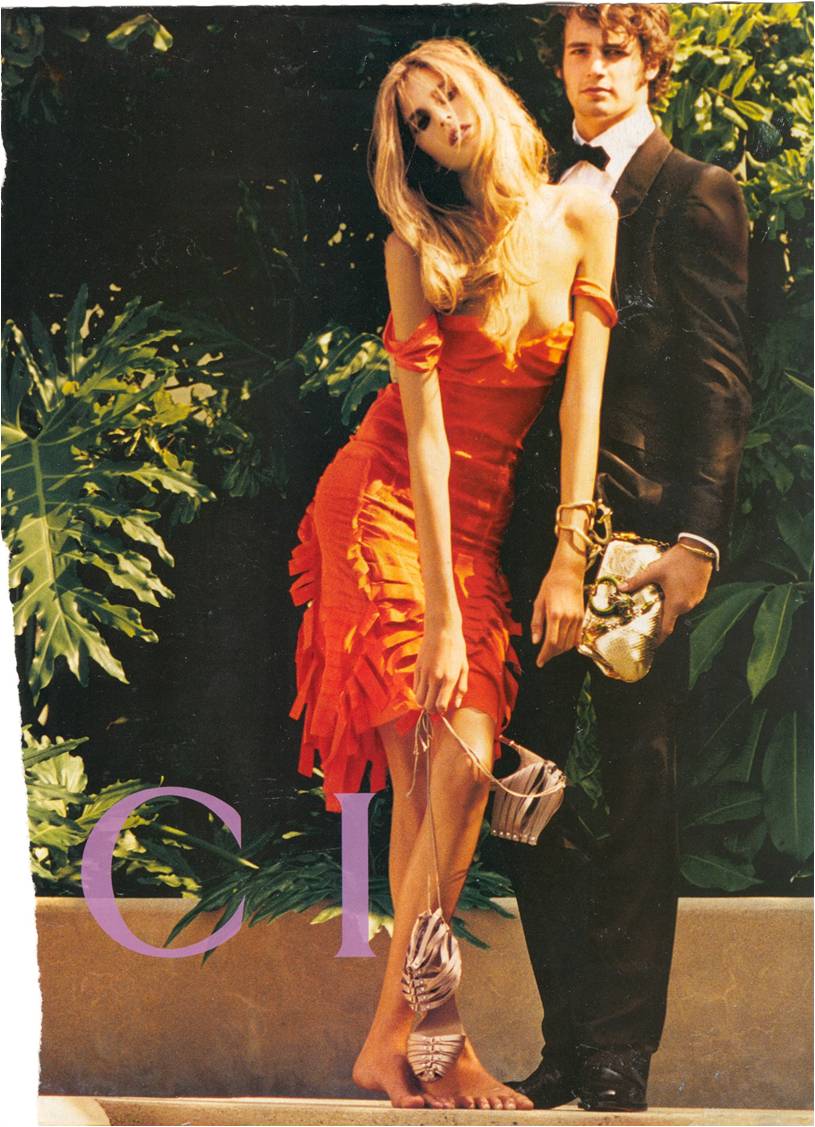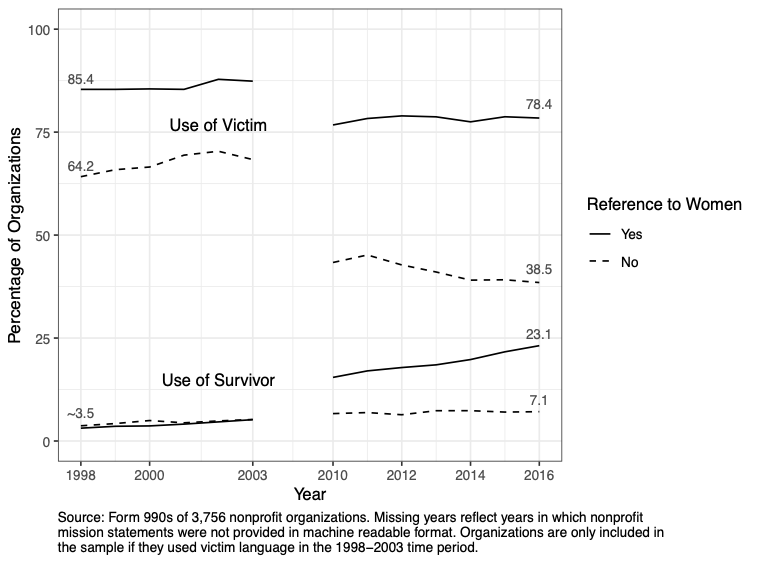SocImages maintains an active Pinterest Account featuring over 25 boards. The site allows you to browse through over 12,000 images and videos without any text. You can borrow the material directly, or click through to the blog to read the analysis.
On this page, we direct your attention to our boards featuring social construction as well as those with content related to media and marketing, race and ethnicity, sexual orientation, gender, violence, economics, and other fun stuff.
x
Social Construction
 Social Construction
Social Construction
x
x
x
x
x
Sexual Orientation
x
 Before Homosexuality
Before Homosexuality
x
x
x
x
 Heteronormativity
Heteronormativity
x
x
x
x
x
Race and Ethnicity
x
 What Color is Flesh?
What Color is Flesh?
x
x
x
x
 Racial Objectification
Racial Objectification
x
x
x
x
x
 Race as a Social Construction
Race as a Social Construction
x
x
x
x
 Racist Antics at High Schools and Colleges
Racist Antics at High Schools and Colleges
x
x
x
x
x
Gender
x
 Gendered Housework and Parenting
Gendered Housework and Parenting
x
x
x
x
x
 The Tyranny of Pink and Blue
The Tyranny of Pink and Blue
x
x
x
x
x
 Gendered and Sexualized Food
Gendered and Sexualized Food
x
x
x
x
x
 Pointlessly Gendered Products
Pointlessly Gendered Products
x
x
x
x
x
 Women vs. People
Women vs. People
x
x
x
x
x
 The Mean Girls Meme
The Mean Girls Meme
x
x
x
x
x
Violence
x
 Violence in Fashion (Trigger Warning)
Violence in Fashion (Trigger Warning)
x
x
x
x
x
 Rape Culture (Trigger Warning)
Rape Culture (Trigger Warning)
x
x
x
x
x
Media and Marketing
x
 Photoshop and Re-Touching
Photoshop and Re-Touching
x
x
x
x
x
 Sexually-Suggestive Advertising
Sexually-Suggestive Advertising
x
x
x
x
x
 Sexy Toy and Logo Make-Overs
Sexy Toy and Logo Make-Overs
x
x
x
x
x
 Marketing Feminism
Marketing Feminism
x
x
x
x
 Deconstructing Disney
Deconstructing Disney
x
x
x
x
 Mostly Misguided Safer Sex PSAs
Mostly Misguided Safer Sex PSAs
x
x
x
x
 Masculinizing the Feminine
Masculinizing the Feminine
x
x
x
x
 Pinkwashing
Pinkwashing
x
x
x
x
 Sexy What!?
Sexy What!?
x
x
x
x
 Feminizing the Masculine
Feminizing the Masculine
x
Economics
x
 The Great Recession
The Great Recession
x
x
x
x
x
Just for Fun
x
 Vintage Ads, Products, and Stuff
Vintage Ads, Products, and Stuff
x
x
x
x
 Comics and Cartoons
Comics and Cartoons
x
x
x
x
 Halloween
Halloween
x
x
x
x
 The Social Construction of Flavor
The Social Construction of Flavor











